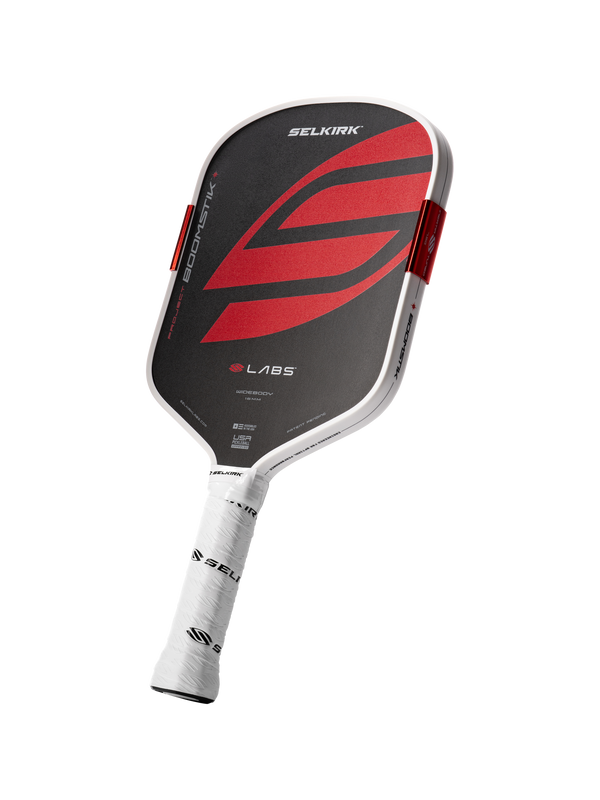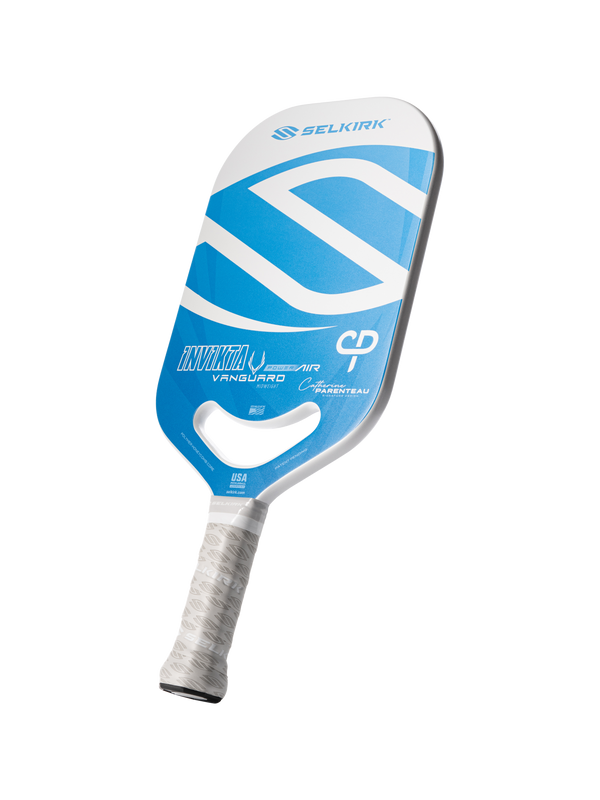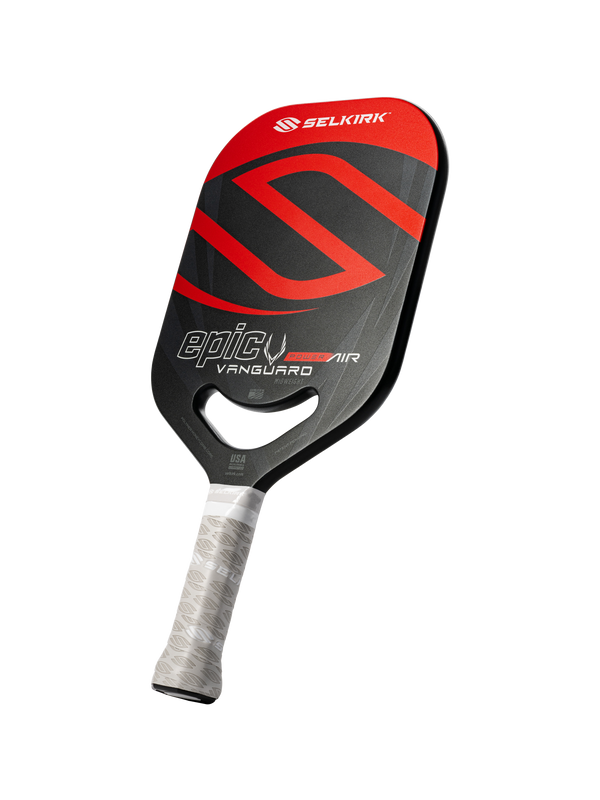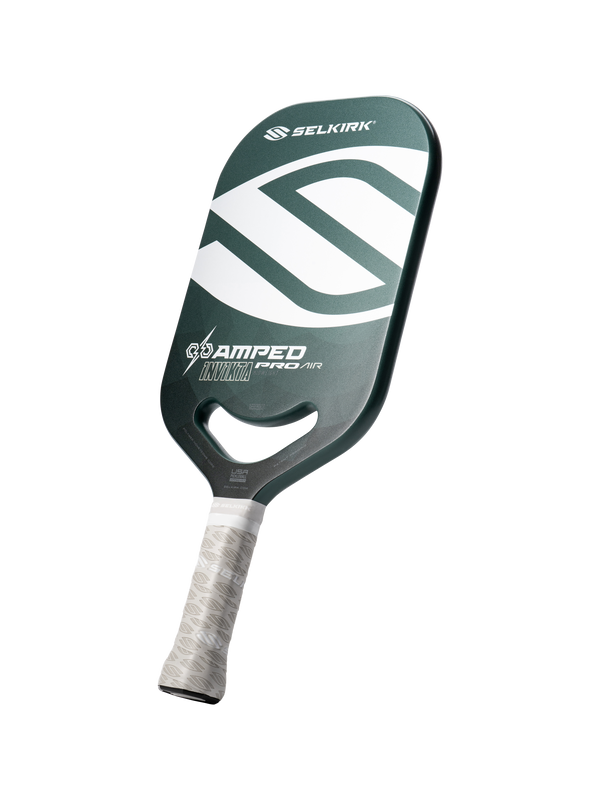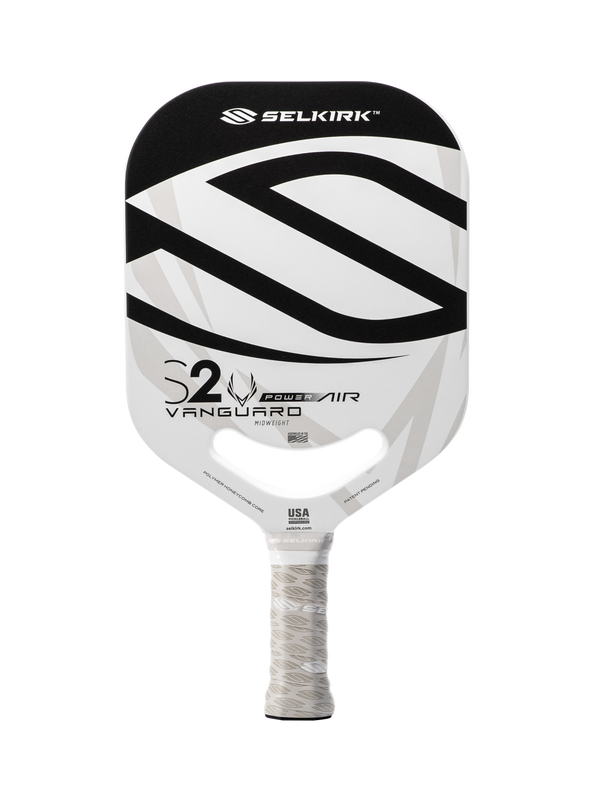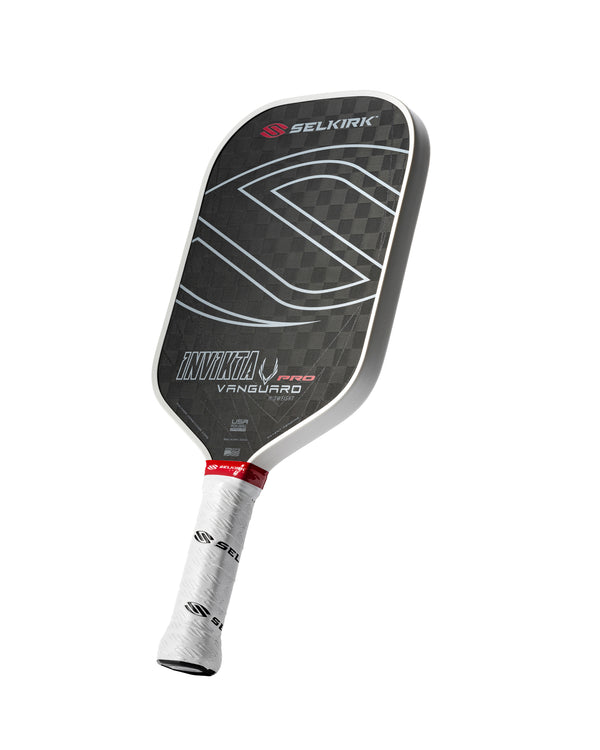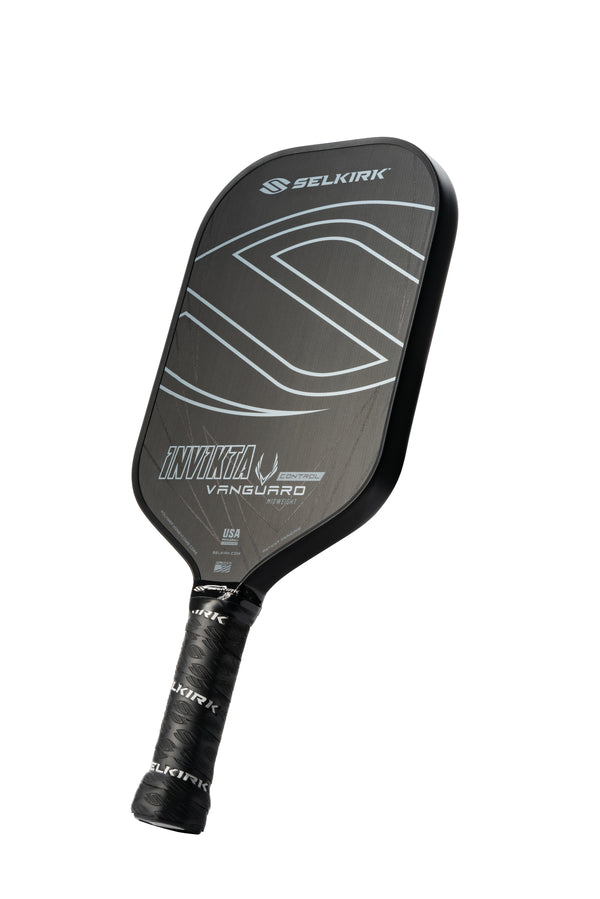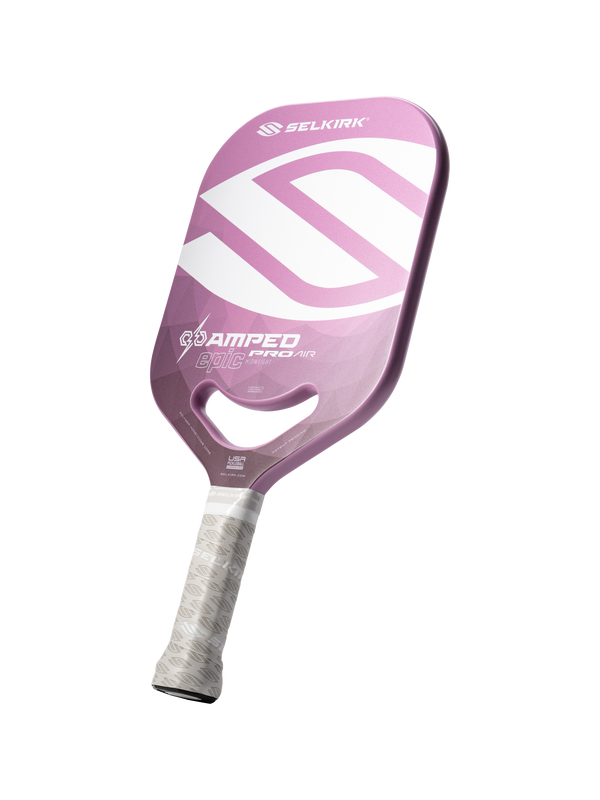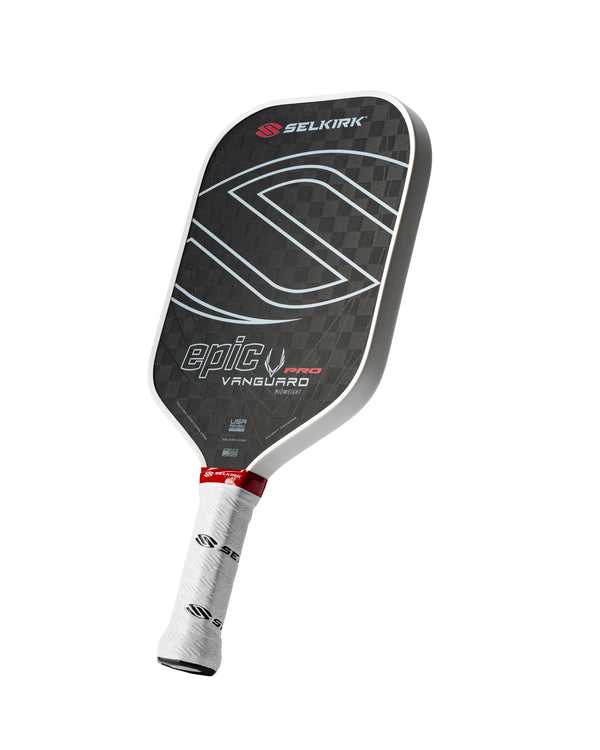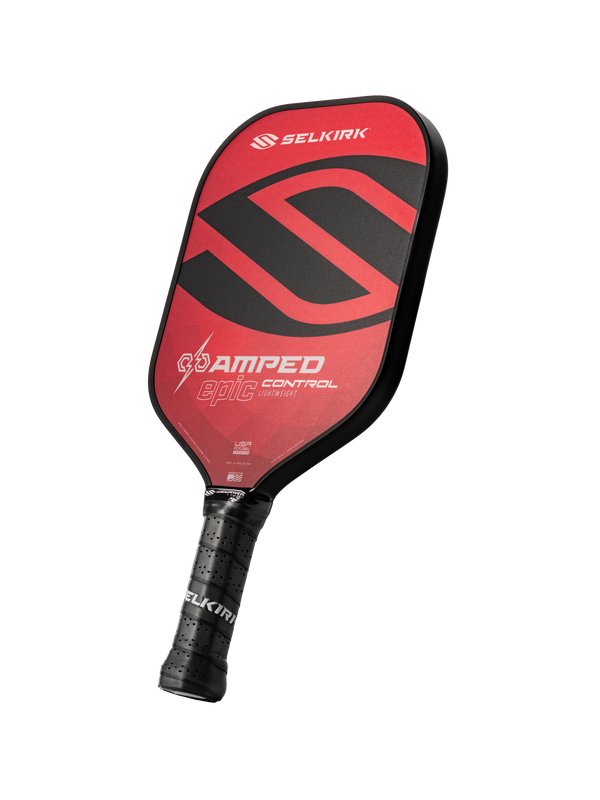What Goes Through Your Head in a Game of Pickleball?
The music in our minds. Turning mental chatter into words of wisdom.
By Khevin Barnes

There is one thing about pickleball you can say unequivocally. It’s not a quiet game!
In fact, the sport is ideal for encouraging laughter, commentary and conversation. It’s not only the communication between partners on the court who can often be heard shouting “Yours!” or “Mine!” or “Switch!” that makes the game an audio experience. It’s also the friendly banter between opposing teams that stimulates the pizzazz that sets Pickleball apart from other, less intimate sports.
But behind all of the chatter we hear in a round of pickleball, there is one more voice that can be perceived above the sounds of the competition. It’s a voice that echos all of the emotion and exhilaration of the game and affects every move we make on the court.
It’s the sound of our subconscious thoughts—the music of our minds. It is us.
Our mental chatter, often expressed as an audible self-chiding through clenched teeth, is a relevant part of developing strategy on the court and improving our game. And it’s only when negativity is allowed to infect our play that problems can crop up in our solo pep talks.
Experts in the business of sports psychology often warn against self-deprecation. We shouldn't put ourselves down. Self-deprecation lowers expectations. Setting high standards for ourselves is not a bad thing. It’s good that we want to be the best we can at everything we do. We judge our own performance. We judge ourselves according to our own expectations. But it’s not helpful to use our results as evidence of our own shortcomings.
More often than not, the sounds we hear in a game are the result of missed shots. We’ve all experienced players who insist on publicly analyzing every shot they make in the game, especially the bad ones. “I turned my paddle!” “Watch the darned ball, dummy!” “I poached!” are a few that come to mind. And then there are the players who feel a need to prompt us as we move to make our own shot. “Kill!” “Get up to the net!” and “Drop it!” are often heard on the courts where I play. Some of these vocal prompts are perfectly appropriate and certainly helpful at times. When we are among friends on the court, the banter and “humorous insults” can be downright fun to give and take.
Of course, it’s only if we let these unsolicited comments get under our skin that any problems arise. I sometimes play with a partner who thinks that a return of serve should be a kill shot from the baseline, and who doesn’t see that there is actually plenty of time to follow a ball that bounces, and devise your own return shot before rapidly sending it back over the net. And to help me, he shouts “go!” each time I pause to slow down the game a little. I understand how my moment of intended hesitation might be perceived as indecisiveness on his part, so I let it be and remember how much I enjoy his friendship and quick wit instead.
As a life-long musician playing the 5-string banjo, I’ll sometimes have a bluegrass tune in my head as a rally heats up. Similarly, a lazy dink game brings a country ballad to mind. And this music in my head always seems to get my game rhythm back on track after a brutal exchange where a customary slam shot has been sent my way.
I also have a mantra that I repeat to myself before serving sometimes. “Eye on the ball, third shot drop” just to reinforce two of the important things I sometimes forget in the heat of the game.
So the message in all of this is that mental and audible chatter is both healthy and beneficial when delivered in the spirit of fun and good sportsmanship. You know the old saying, “It’s OK to talk to yourself as long as you don’t answer”.
As far as I can tell, it’s perfectly alright to carry on a positive dialogue with yourself on the pickleball court. After all, sometimes we need some expert advice!
Lea Jansen has been outspoken on her performance anxiety and talks here on the Tyson McGuffin podcast about how she dealt with it:
_____________________________________________________________________
Khevin Barnes is a senior player from the Del Webb community in Vail, Arizona


